Problem Solving Normal Worksheets for Ages 6-9
15 filtered results
-
From - To
Enhance your child's critical thinking skills with our Problem Solving Normal Worksheets designed for ages 6-9! These engaging worksheets cover a variety of scenarios, encouraging young learners to analyze problems and develop effective solutions. Each activity is crafted to make learning enjoyable while promoting logical reasoning, creativity, and perseverance. Perfect for classroom use or at-home practice, our worksheets help children build confidence in tackling challenges across different subjects. With vibrant illustrations and relatable problems, these resources ensure that children not only learn essential problem-solving techniques but also cultivate a love for learning. Start boosting their skills today!
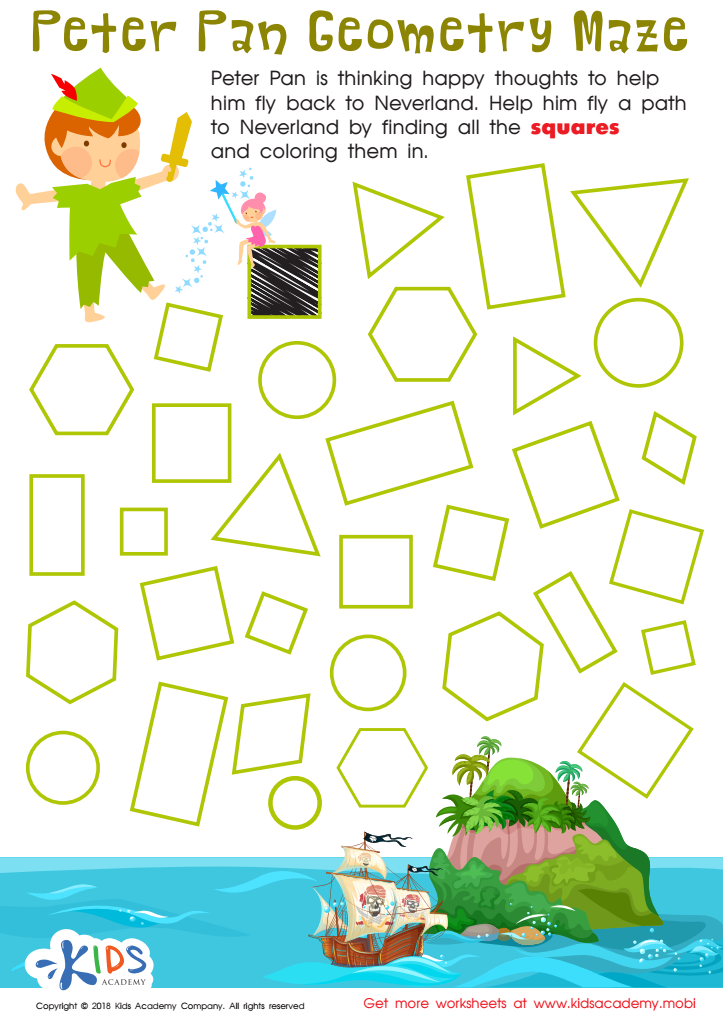

Peter Pan Worksheet
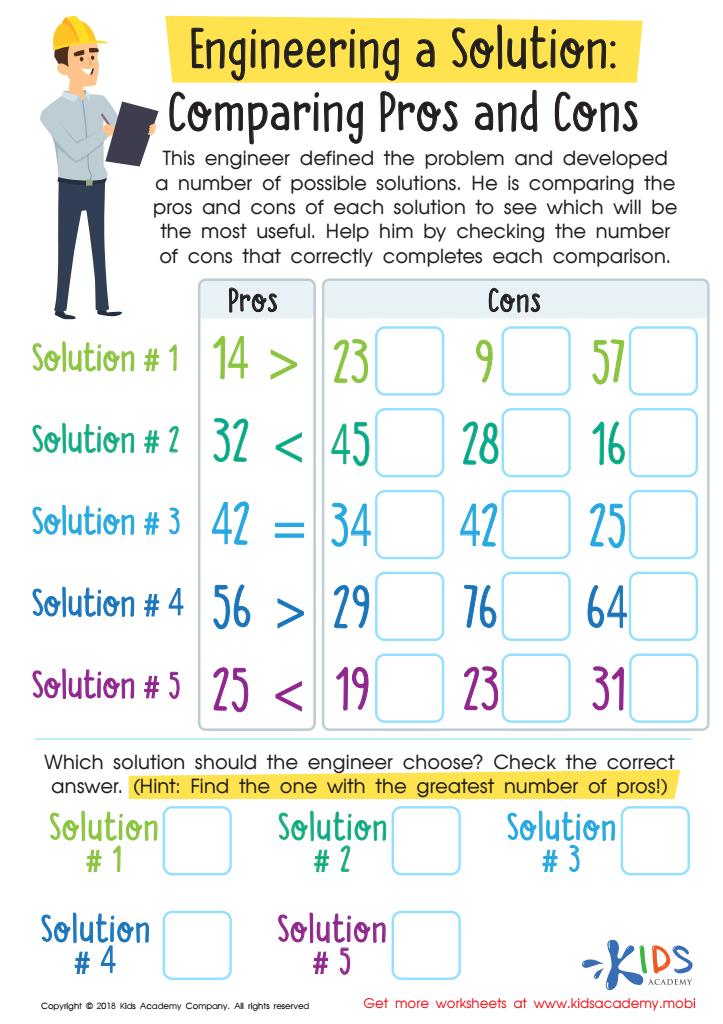

Engineering a Solution: Comparing Pros and Cons Worksheet
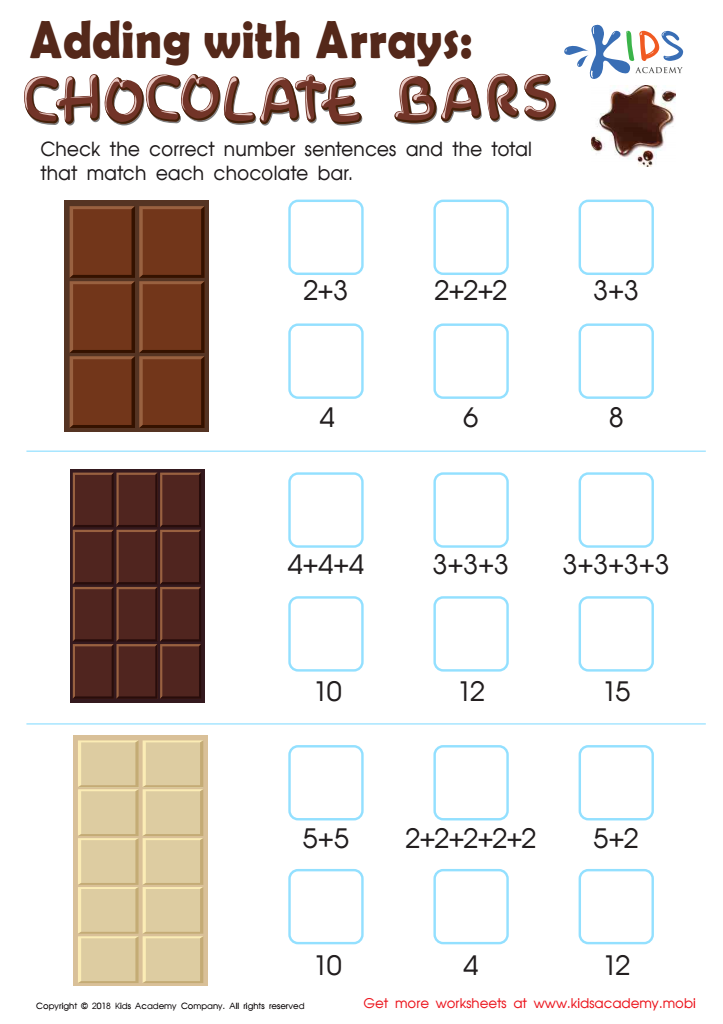

Adding with Arrays: Chocolate Bars Worksheet
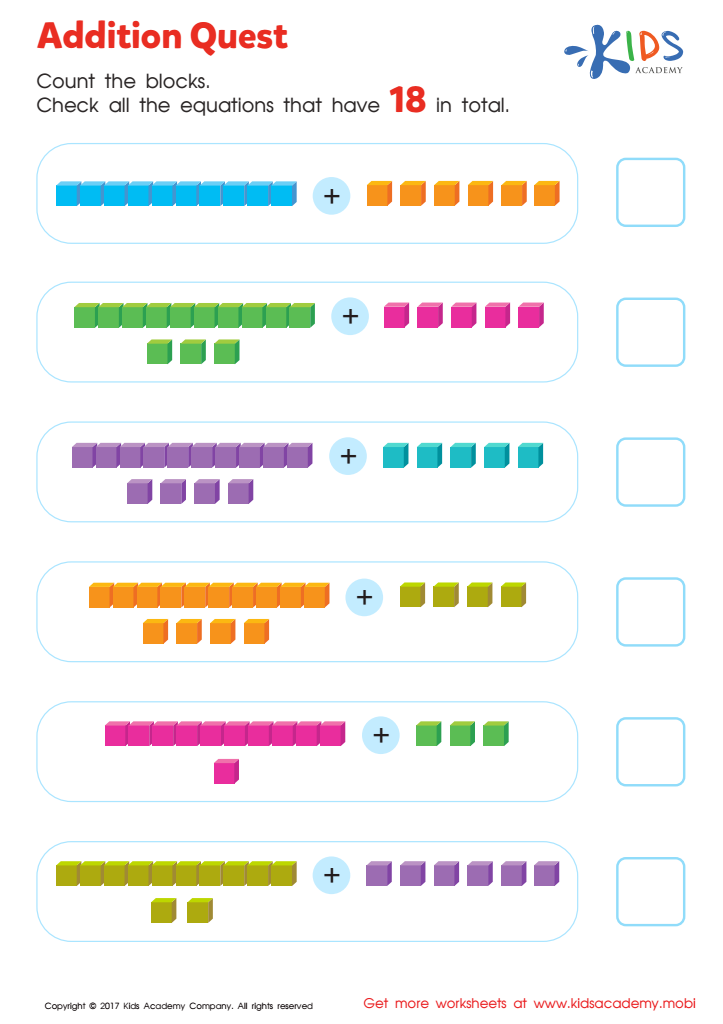

Addition Quest Worksheet: Part 2
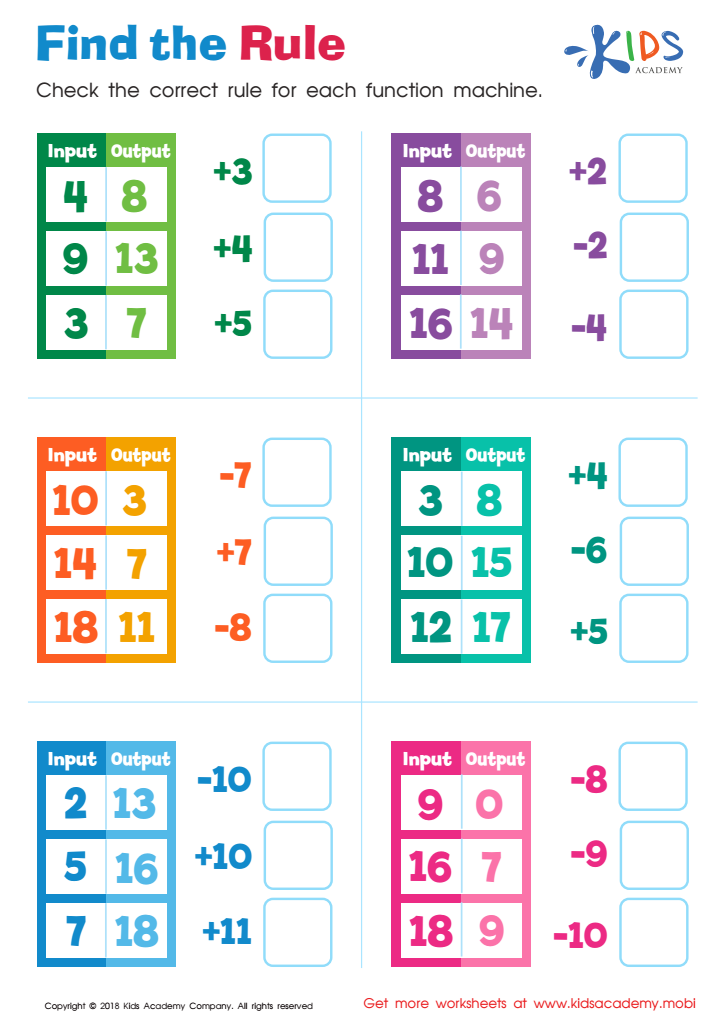

Find the Rule Worksheet
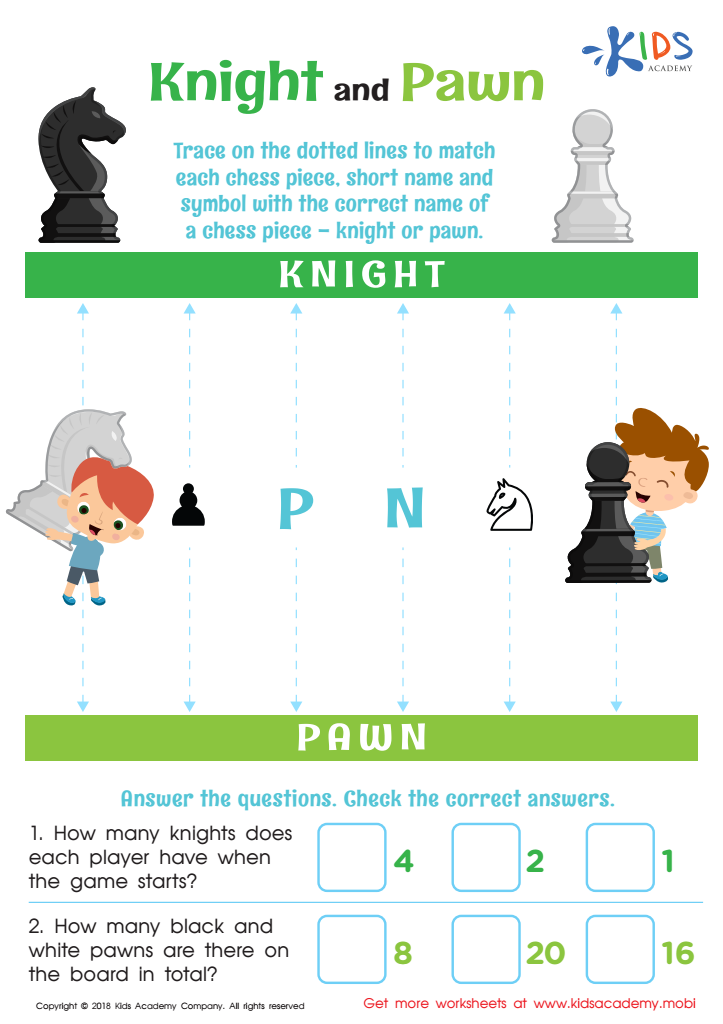

Knight and Pawn Worksheet
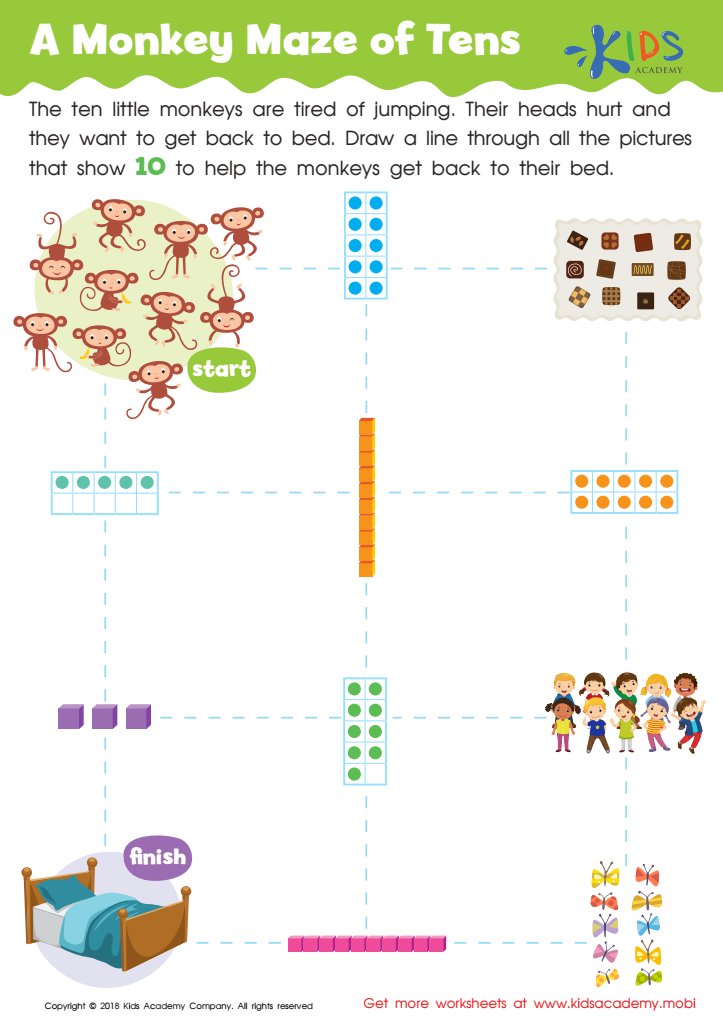

A Monkey Maze of Tens Worksheet
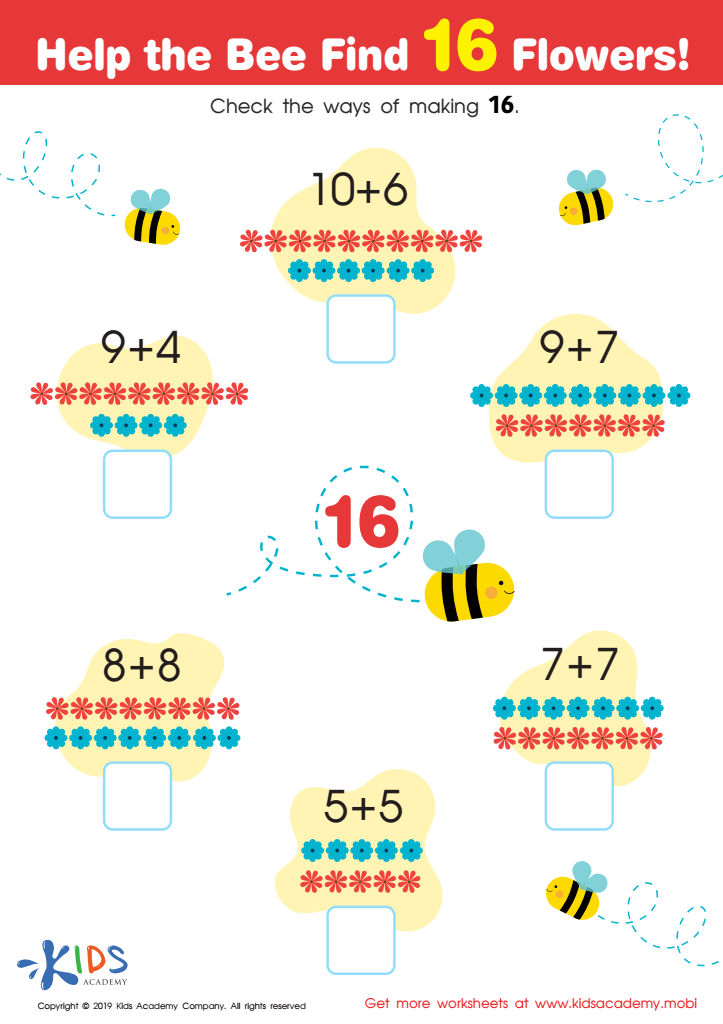

Help the Bee Find 16 Flowers Worksheet
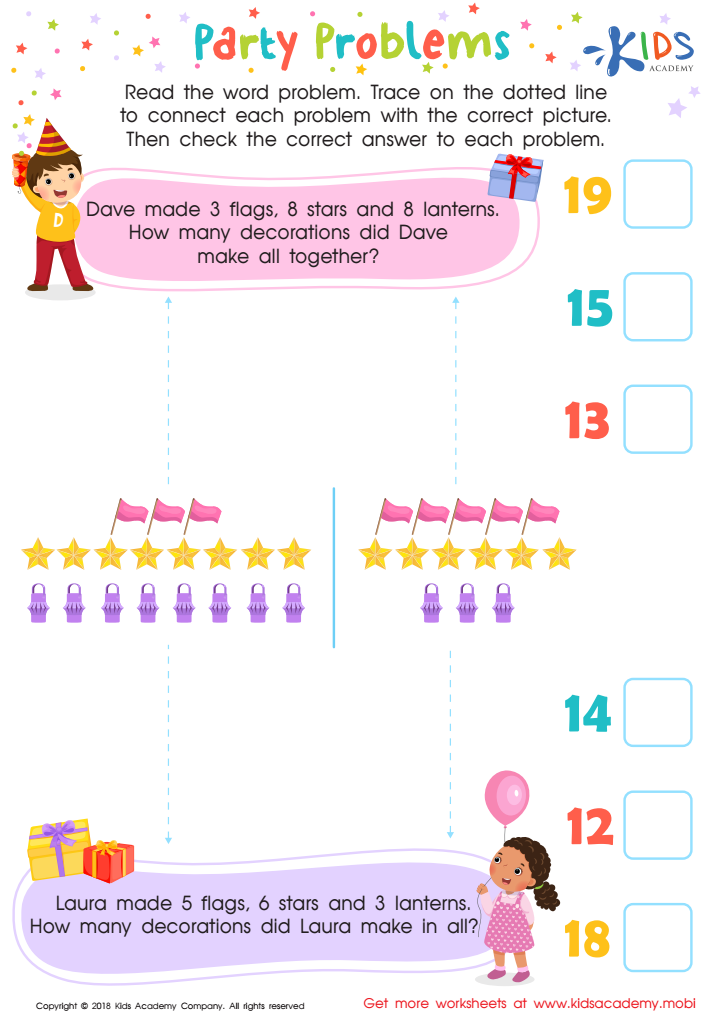

Party Problems Worksheet
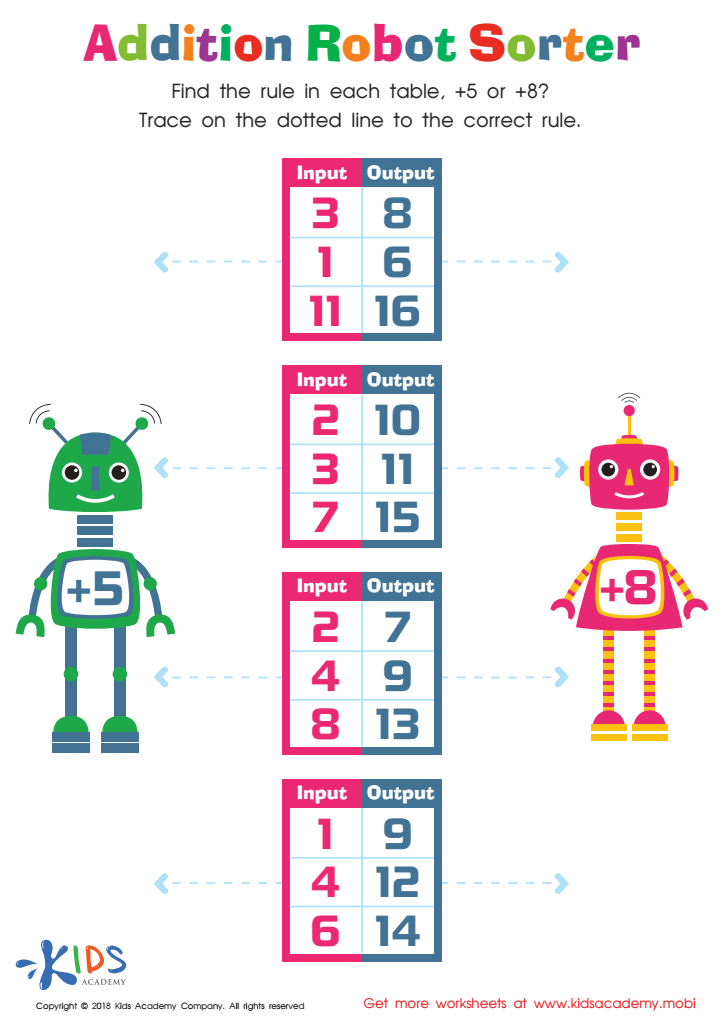

Addition Robot Sorter Worksheet
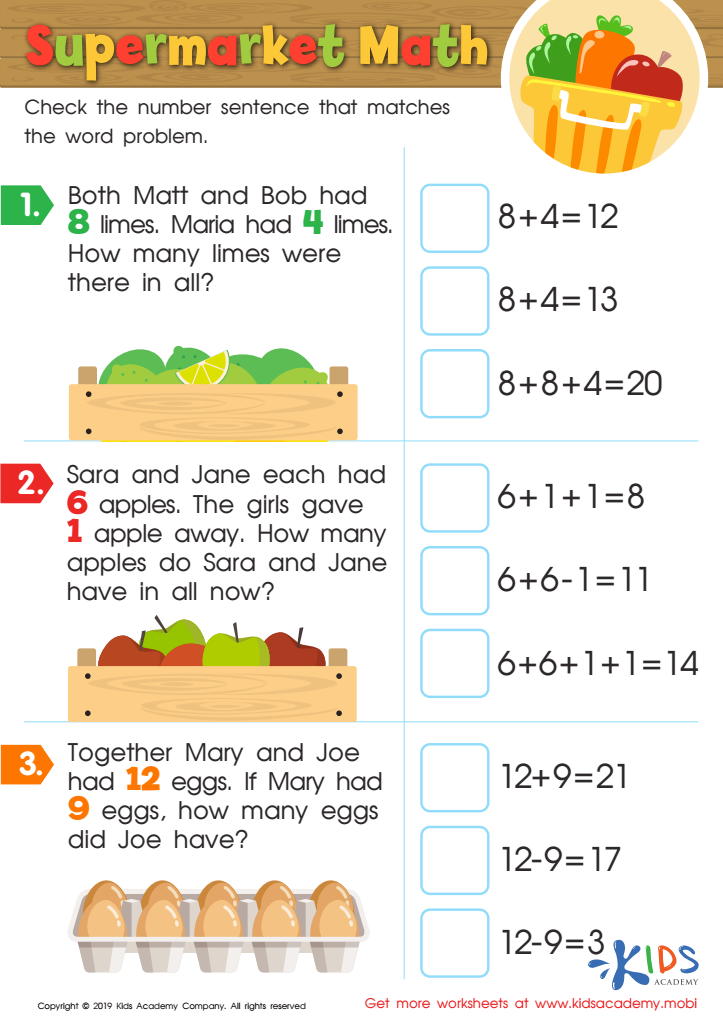

Supermarket Math Worksheet
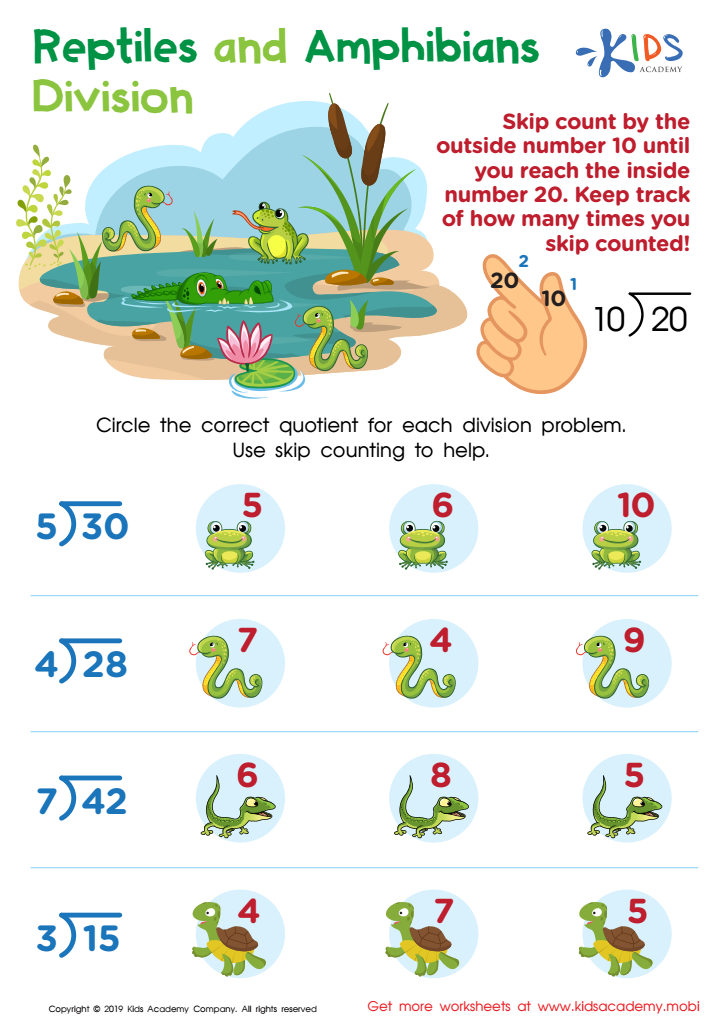

Reptile and Amphibians Division Worksheet
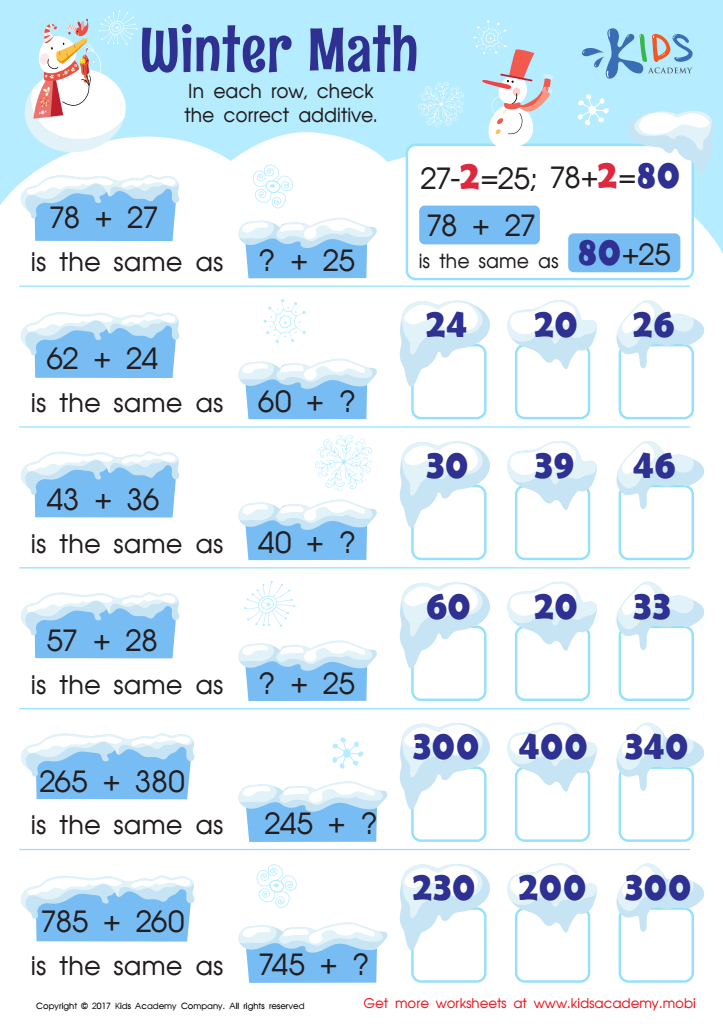

Free Addition Worksheet
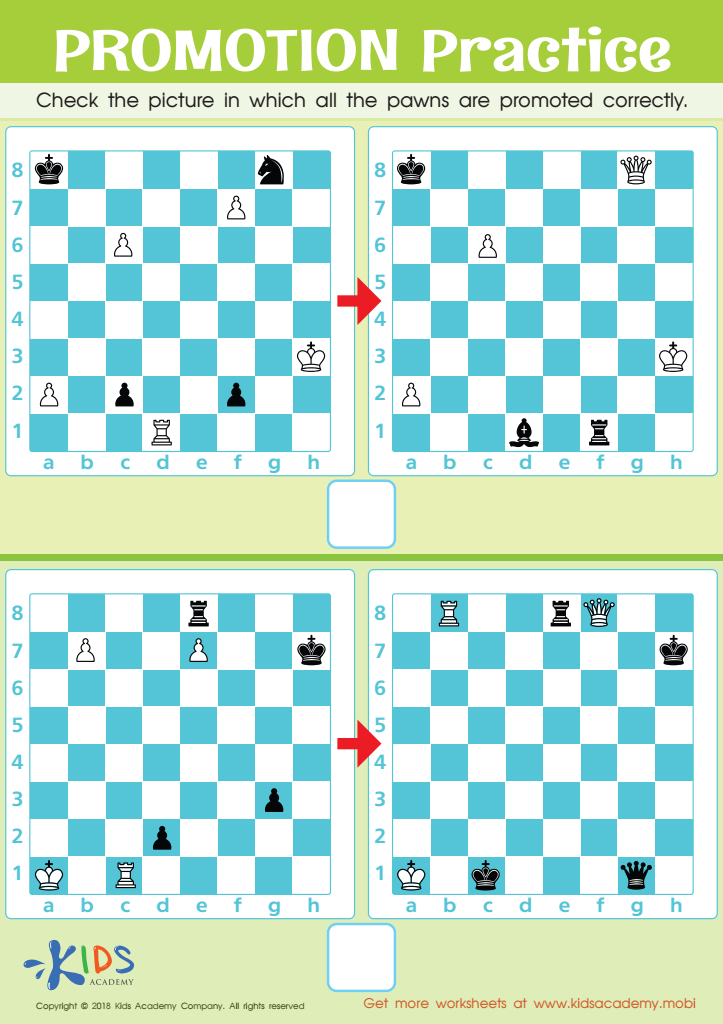

Promotion Practice Worksheet
Problem-solving skills are crucial for children aged 6-9, as this developmental stage is vital for cognitive growth and lifelong learning. During these formative years, children start to become independent learners, and nurturing their problem-solving abilities helps them navigate challenges effectively. By engaging with problems, children refine their critical thinking and analytical skills, which foster creativity and encourage a growth mindset.
Parents and teachers should care about this aspect of education because strong problem-solving skills equip children to tackle various academic tasks and real-life situations. When children learn to approach problems systematically, they develop resilience and increased confidence in their own abilities. This empowers them to face challenges rather than shy away from them.
Additionally, with a strong foundation in problem-solving, children are better prepared for higher-level concepts in math, science, and other subjects. Encouraging problem-solving also promotes collaboration and communication skills, as children often work with peers to find solutions.
Overall, prioritizing problem-solving in early education cultivates a generation of thinkers who can adapt and thrive in an ever-changing world, making it imperative for both parents and teachers to prioritize these skills in children aged 6-9.
 Assign to My Students
Assign to My Students

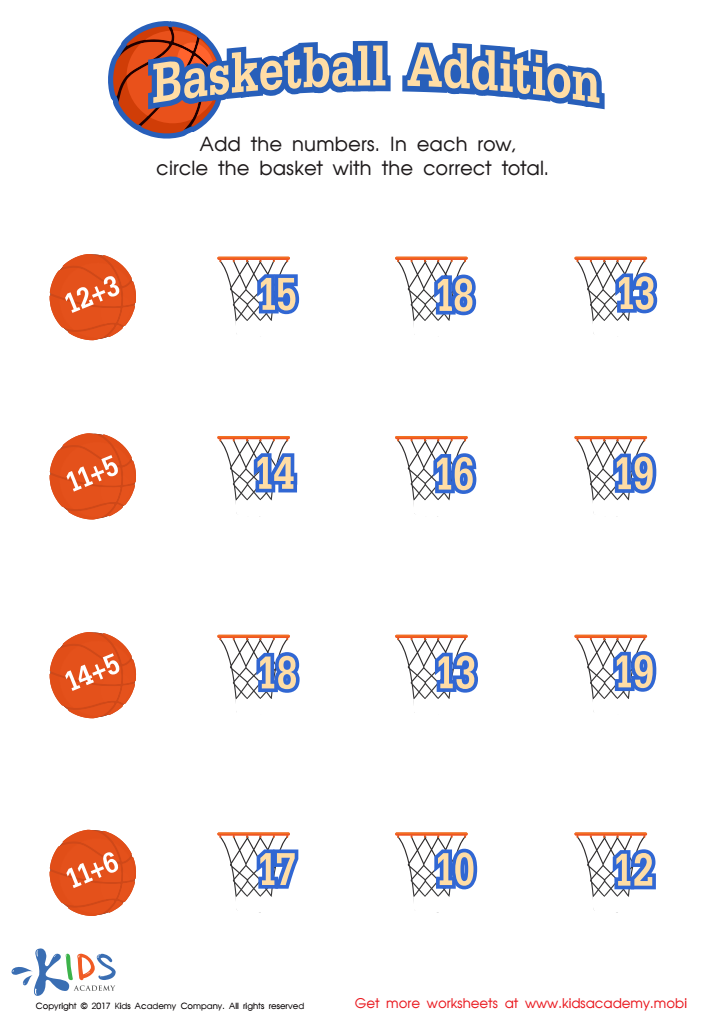








.jpg)











